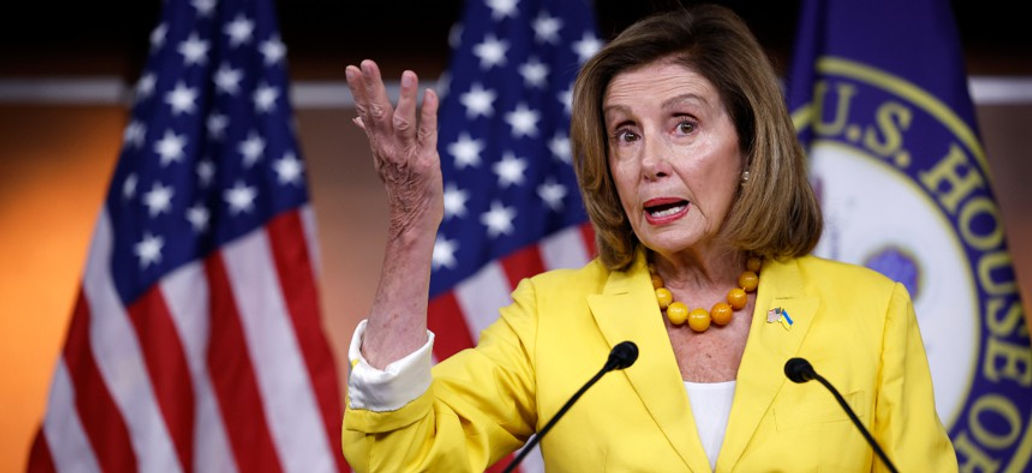By: Tristan Sun
On Sunday, Senate Democrats passed their sweeping climate, health care and tax bill, which includes $80 billion dollars in funding to modernize the IRS.
The Inflation Reduction Act allocates $79.6 billion to the IRS over the next 10 years, in the hopes that a beefed-up IRS could bring in more revenue from corporate taxpayers.
In recent years, the IRS has grown dependent on auditing lower-or middle-income taxpayers who make minor mistakes on their tax returns. These types of audits are automated and relatively inexpensive, perpetuating the agency’s diminishing personnel resources.
However, these audits mostly fall on economically vulnerable taxpayers – more than half of the agency’s exams in 2021 were directed at taxpayers with incomes less than $75,000. Higher-income taxpayers with access to accountants and lawyers require more personnel and resources to audit, something the bill hopes to provide.
Even with the influx of new funding, the IRS has been starved for so long that the agency’s ability to revamp itself is in question. The IRS has repeatedly told policymakers that it has 60 disjoint case management systems that cannot communicate with each other, some of which still run on technology dating back to the 1960s. Not all the funding will go towards hiring enforcement agents; a large portion must be spent to develop modern infrastructure.
IRS staffing levels have decreased by 17 percent since 2010, and its annual appropriation from Congress is down 12 percent to $12.6 billion. “We didn’t get to this state with the agency overnight, and it will take longer than overnight to go in the right direction,” said Garrett Watson, a senior policy analyst at the Tax Foundation.
The bill has been criticized by Republicans, who claimed an “IRS on steroids” would use its new resources to pursue middle-class Americans. Speaking at a news conference Wednesday, Sen. John Barrasso said that families, farmers, and the small businesses of Americans” would “bear the burden of this legislation.”
On Thursday, IRS Commissioner Charles Rettig wrote to lawmakers that the funding would go towards upping enforcement “in areas of challenge for the agency — large corporate and global high-net-worth taxpayers.” He added, “These resources are absolutely not about increasing audit scrutiny on small businesses or middle-income Americans.”











